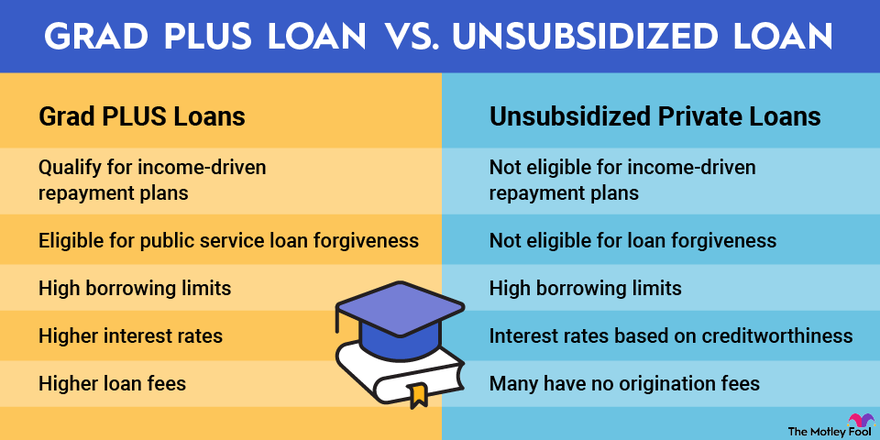Whatever You Required to Learn About Alt A Loans for Your Following Residential Property Acquisition
Alt A lendings stand for an engaging choice for possible property purchasers that find themselves navigating the complexities of funding. Positioned in between conventional prime loans and subprime choices, these lendings are customized for customers that possess strong credit report profiles yet might do not have exhaustive monetary documentation.
What Are Alt A Loans?
Exactly what are Alt A fundings? Alt A financings are a category of home mortgage financing that satisfies customers who do not fit neatly into basic financing criteria but still possess some level of credit reliability. These finances link the void in between subprime and prime home loans, targeting individuals with good credit rating, secure revenue, and a reliable settlement background, yet lacking full documentation of their financial status.
Commonly, Alt A loans call for less documentation than prime financings, making them eye-catching to independent individuals or those with income that might be difficult to confirm with conventional means (alt a loans). Debtors may choose for stated revenue financings, where they declare their profits without providing considerable proof.
Rate of interest for Alt A loans normally fall in between those of prime and subprime loans, showing the moderate risk account related to these borrowers. Alt A fundings might offer attributes such as interest-only settlement options and adjustable-rate terms, boosting flexibility for customers. It is vital for prospective borrowers to comprehend the prospective dangers and responsibilities connected with Alt A loans before proceeding.
Benefits of Alt A Lendings
Alt A finances existing numerous benefits for debtors who might not receive typical home mortgage alternatives. One of the main benefits is the versatility they supply regarding earnings verification. Unlike traditional fundings, which commonly call for substantial paperwork of earnings and properties, Alt A lendings may permit stated revenue confirmation or less rigorous assessments, making them an attractive selection for freelance individuals or those with fluctuating revenues.
In Addition, Alt A lendings typically have competitive rates of interest, which can result in significant savings over the life of the lending. This price can make it less complicated for debtors to handle their monthly settlements. These lendings can accommodate different residential or commercial property kinds, consisting of investment buildings, which can be useful for real estate capitalists looking to broaden their portfolios.
One more benefit is the potential for quicker handling times, as lending institutions may call for less documents. This can result in faster authorizations, allowing consumers to seize chances in an affordable property market. On the whole, Alt A finances serve as a practical choice for those seeking a path to homeownership or financial investment, offering the needed adaptability and accessibility to satisfy varied financial situations.

Downsides of Alt A Finances
One considerable disadvantage of Alt A lendings is the greater threat linked with them, which can cause much less beneficial terms for debtors. These loans typically accommodate people with non-traditional earnings sources or lower credit rating, making lending institutions extra careful and likely to impose stricter conditions. Customers might encounter higher passion prices contrasted to conventional car loans, increasing the general price of borrowing.

Additionally, the potential for unfavorable amortization, where month-to-month settlements do not cover the passion accumulated, can aggravate economic strain. This scenario can lead to swell payments later in the funding term, capturing customers off guard. In recap, while Alt A lendings can supply adaptability, the involved risks and potential costs warrant cautious factor to consider before continuing with this financing alternative.
Qualification Demands
When considering an Alt A car loan for residential property purchase, it's important to understand the eligibility needs that can influence your access to this type of funding. Alt A financings satisfy debtors who might not meet the strict standards of conventional car loans but still possess a reasonably strong monetary profile.
Largely, lending institutions assess credit report, generally calling for a minimum score of 620, although greater ratings might boost loan terms. In addition, a secure earnings and work history are essential; consumers should preferably demonstrate a minimum of 2 years of consistent earnings, whether from typical employment or self-employment.

Finally, the building kind and place can influence qualification. Lenders commonly like owner-occupied residential properties or single-family homes in desirable locations. Recognizing these needs can enhance the process and enhance your possibilities of securing an Alt A loan for your next residential property acquisition.
Exactly How to Get Alt A Loans
Getting Alt A car loans includes a series of systematic steps that can help simplify the procedure and boost authorization possibilities (alt a loans). Begin by examining your monetary web link situation, including your credit rating, income, and existing debts. This self-evaluation will certainly assist you in figuring out exactly how much you can pay for and what loan webpage providers might take into consideration desirable
Next, gather essential paperwork, such as tax obligation returns, recent pay stubs, bank declarations, and any type of other monetary documents that demonstrate your ability to pay off the financing. Since Alt A loans usually provide to borrowers with non-traditional revenue sources, be prepared to provide extra documentation, such as earnings and loss statements for independent people.
When your documents are arranged, research lending institutions that offer Alt A fundings. Contrast their terms, rates of interest, and fees to discover the best suitable for your needs. After choosing a loan provider, finish the application, making certain all info is accurate and thorough.
Conclusion
Alt A loans provide a sensible funding choice for individuals seeking residential or commercial property procurement without substantial documentation. These financings provide a number of advantages, including affordable rates of interest and expedited handling, while likewise positioning specific dangers such as possibly higher rate of interest prices and minimal refinancing possibilities. Understanding both the advantages and downsides, together with qualification requirements and application processes, is vital for prospective customers. Enlightened decision-making will ultimately promote an effective building purchase through Alt A financing.
Positioned in between typical subprime options and prime lendings, these lendings are customized for debtors who possess strong credit score profiles yet might lack exhaustive monetary paperwork.Interest prices for Alt A financings normally fall between those of prime and subprime car loans, reflecting the modest risk account associated with these borrowers. Unlike traditional finances, which typically require considerable documentation of earnings and properties, Alt A fundings may permit for stated revenue verification or less strenuous assessments, making them an eye-catching choice for freelance people or those with varying incomes.
Furthermore, Alt A fundings typically have competitive rate of interest prices, which can lead to significant financial savings over the life of the lending. Debtors could likewise run into restricted choices for refinancing, as not all lenders provide different funding for Alt A financings due to perceived dangers.
Comments on “The Pros and Cons of Alt A Loans: What You Need to Know”